It often seems there are only two ways to wake up from a nap: intensely energized and ready to take on the world or so groggy you wonder if you're in the same decade. And many people, despite facing a serious afternoon slump, fight the urge to nap because they know it'll make them feel worse.
Fortunately, you can have your nap and still take on the rest of your day like a champ. Experts have offered ways to ensure you get your well-needed rest and actually wake up feeling re-energized. Below, learn why you feel worse after a nap, how to beat that awful post-nap grogginess and when you should consider skipping the nap.
That familiar groggy feeling is called "sleep inertia," and it means that your brain wants to keep sleeping and complete a full sleep cycle. Sleep inertia results from waking abruptly out of deep sleep or slow wave sleep, which is the kind of sleep you start to fall into approximately 30 minutes into snoozing.
This is why experts recommend keeping naps to just 10 to 20 minutes, among other nap best practices. It's all about the sleep stages, which go as follows:
NREM Stage 1 lasts five to 10 minutes; NREM Stage 2 lasts 10 to 20 minutes; and then NREM Stage 3 sets in. During NREM Stage 3 sleep, your muscles relax more, your blood pressure and breathing rate decrease, and slow brain waves begin to emerge.
Pulling yourself out of this very deep sleep results in the characteristic grogginess and impaired performance of sleep inertia, which can last anywhere from mere minutes to hours.
Crankiness, or any form of a bad mood after a nap, isn't so much an aftereffect of its own, but another side effect of sleep inertia. No one enjoys being snatched out of a good snooze, and the loud beeps from an alarm interrupting deep sleep is enough to ruin anyone's mood.
If you try to avoid naps at all costs because you seem to always wake up confused or angry at the whole world, you should know that you can avoid those unpleasant aftereffects. Here are four tips for waking up from all naps feeling refreshed, not drained:
A good nap is all about timing. Dr. Dawn Dore-Stites, an assistant professor in the Department of Pediatrics and Sleep Disorder Center at Michigan Medicine and Reverie sleep advisory board member, told CNET that the longer the nap, the more problems it typically creates.
"The longer you sleep, the higher the chance you get into deeper stages of sleep," Dore-Stites says. "Waking from those stages can lead to the grogginess and irritability. Limiting naps to 20 minutes is key. You will often wake up feeling more refreshed."
The exception is if you have enough time to nap for an entire sleep cycle, which lasts approximately 90 to 120 minutes.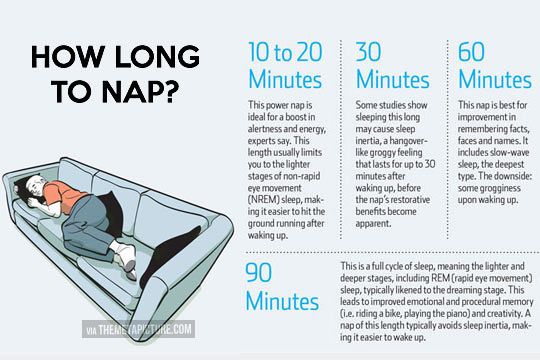 However, unless you're super in-tune with your sleep cycle and can pinpoint the exact time you need to wake up, you're better waking up before you ever reach deep sleep.
However, unless you're super in-tune with your sleep cycle and can pinpoint the exact time you need to wake up, you're better waking up before you ever reach deep sleep.
Additionally, you should try to nap as early in the afternoon as possible. Napping close to your bedtime can confuse your body and make you feel groggy for the remainder of the evening, especially if daylight is already waning when you wake up from your nap.
It can be super tempting to hit snooze or spend a few minutes scrolling on your cell phone, but fight the urge. Remaining in bed in that sort of half-asleep, super drowsy state can make post-nap grogginess more intense or extend for a longer period of time.
And when you do get out of bed, expose yourself to natural daylight by opening curtains or blinds to make sure your body knows it isn't bedtime and there are still things to be done.
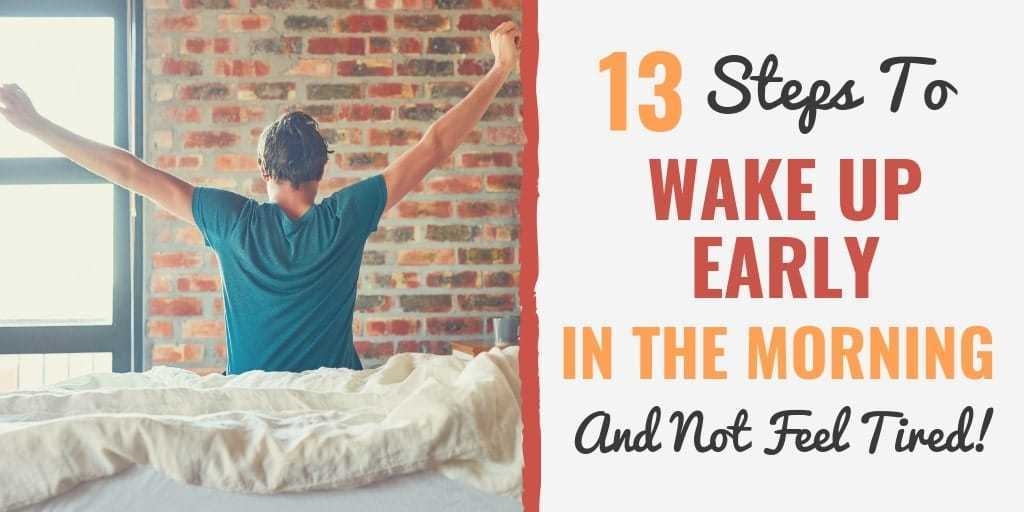 Do something energizing after your nap
Do something energizing after your napIf natural daylight isn't enough to spark your system, try one of these tactics for a stronger wake-up call:
Research shows that washing your face and getting some sunlight can combat post-nap grogginess, as can listening to music. Light exercise, such as stretching and walking, as well as intense workouts can boost energy and mood, which can fend off afternoon slumps.
Yep, that's a thing. A "coffee nap" refers to guzzling some caffeine right before your nap. If everything works out, you'll wake up feeling extra refreshed and energized because the effects of caffeine peak around 30-60 minutes after consumption, which is shortly after you should wake up from a nap.
If you drink coffee too long before you plan to nap, however, you risk losing your opportunity for a nap if the caffeine sets in and keeps you awake.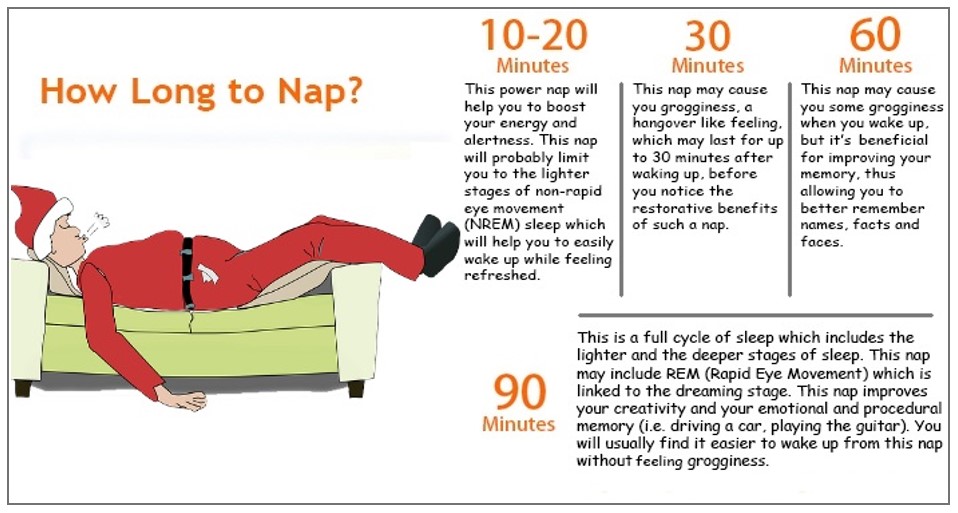 So like tip number one, coffee naps come down to the timing.
So like tip number one, coffee naps come down to the timing.
Dore-Stites says that napping isn't always the answer, even if you feel like you can't keep your eyes open in the afternoon.
If you are actually sleep-deprived at night, a short nap may help you sustain your energy through the day, Dore-Stites says. But on the other hand, taking naps when you aren't sleep-deprived can affect your ability to fall asleep, leading to shorter sleep duration at night.
"Overall, it is better to have one good long period of sleep at night than sleeping in 'pockets' through the day and night," Dore-Stites told CNET. "Such sleep patterns often lead to more feelings of fatigue and low energy."
If you have insomnia or you struggle to fall asleep and stay asleep most nights, you may want to avoid naps for the most part. If you generally sleep well at night, Dore-Stites says it's best to only nap when you really need it, or you might end up in a vicious cycle of unusual sleep cycles and sleep inertia, and thus the grogginess you're trying to avoid.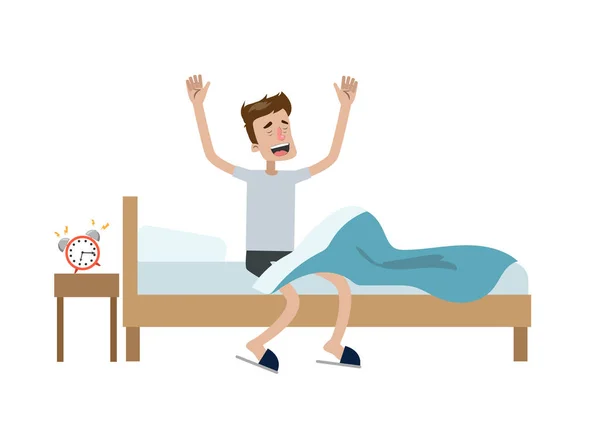
The information contained in this article is for educational and informational purposes only and is not intended as health or medical advice. Always consult a physician or other qualified health provider regarding any questions you may have about a medical condition or health objectives.
Neil Clark
Congratulations – if you’re all into the power nap, you’re in illustrious company. Einstein, Winston Churchill, JFK, and even Leonardo da Vinci were all fans of the afternoon brain shut down. Whether this indicates some kind of connection to greatness is pushing it – but what isn’t in doubt are the benefits of taking 40 winks and enjoying a mental timeout from the rigors of the day.
There was a time when napping during the day found you labeled as a slob. A lazy degenerate with a bad attitude. Well, the sleepyheads out there will be pleased to hear that this is no longer the case – quite the opposite actually.
These days, you don’t need to steal a few minutes of shuteye at a café or on a train. Employers are increasingly recognizing the benefits of a power nap as an effective means of stimulating both attention and performance and are taking this into consideration when planning office layouts and schedules.
However, approaching the issue can raise some questions. When is the best time for a nap? How long should a power nap be? Where should I try to take my power nap? Well, wonder no more – here’s our 5-point guide to getting the perfect power nap and enjoying a more productive day.
Rule 1 – Power napping is not for everyoneSorry, but a power nap doesn’t work for all of us. If you suffer from insomnia or have trouble sleeping at night, power napping is probably a bad idea. It can confuse your body clock, disrupt an already dysfunctional routine and you could be staring at the ceiling until the wee small hours. Make sure your power napping routine isn’t affecting your nightly sleep negatively, by tracking your sleep patterns with Sleep Cycle.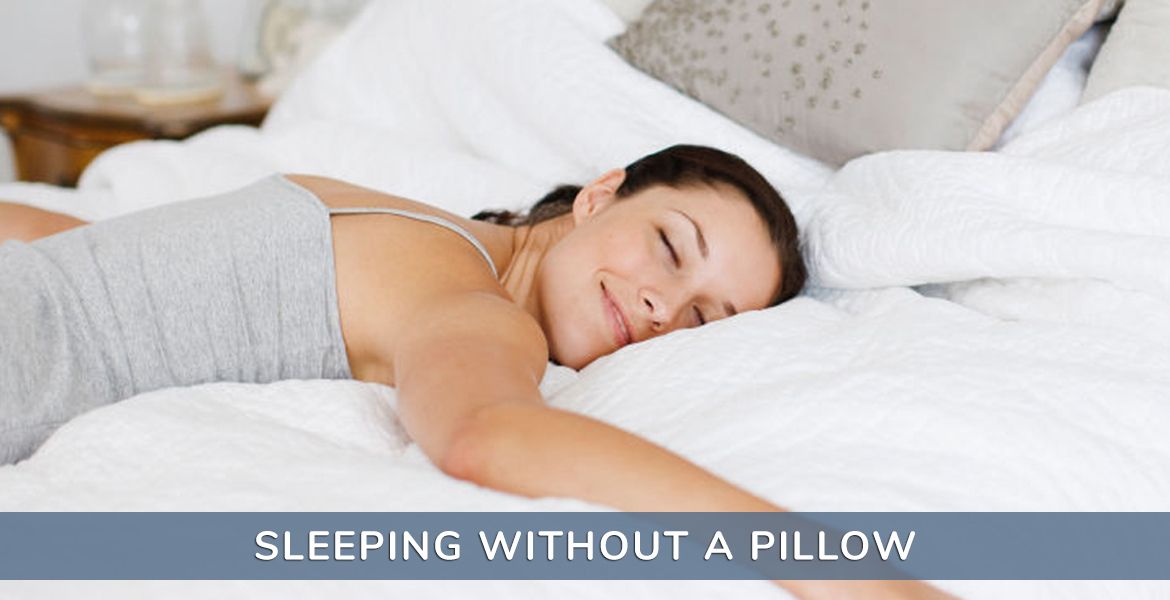
Try Sleep Cycle Premium for free
Rule 2 – Duration is kingSo how long does this process take? In most people, a power nap length of 15 to 20 minutes is just perfect. The key to successful power napping is its length. Too much takes you into deep sleep mode, leaving you tired and groggy afterward. Too little is… well it’s just not enough. Experts tell us that maximum recharging during a power nap is achieved by going from stage 1 sleep (that lovely ‘drifting off’ feeling) to stage 2 (slowdown of brain activity). Going any further is not advised.
Rule 3 – Timing is everythingThe timing of your power nap is crucial – so it’s only right we consult with the people who do it best. The siesta is a long-established cultural pillar in many Mediterranean countries so it would be logical to assume that the sweet spot for power napping is ‘siesta time’. In other words, sometime after lunch and before 3 pm. After the post-lunch energy crash, many people lose focus. Don’t leave it too late though – napping after 3 pm could have an adverse effect on your night’s sleep.
Don’t leave it too late though – napping after 3 pm could have an adverse effect on your night’s sleep.
First, please excuse the terrible pun in the headline. We couldn’t resist it – but in our defense, choosing your napping zone is a serious business. A place where there’s less risk of being disturbed is a good start. If you can lie down, all the better, although a comfortable chair or even a reclining work chair can do the job too. And why not use those expensive noise-reducing headphones for something other than music? They’ll keep out intrusive noise as well as acting as a ‘stay away’ warning to your co-workers!
Rule 5 – The dozing is in detailsSo you’ve established you’re a power napper and decided the duration, place, and timing – so what now? Well before you doze off, eliminate as many distractions as possible. Close your laptop or mobile. Shut off your computer screen. If you have a landline telephone (yes, they still exist), divert or hold incoming calls.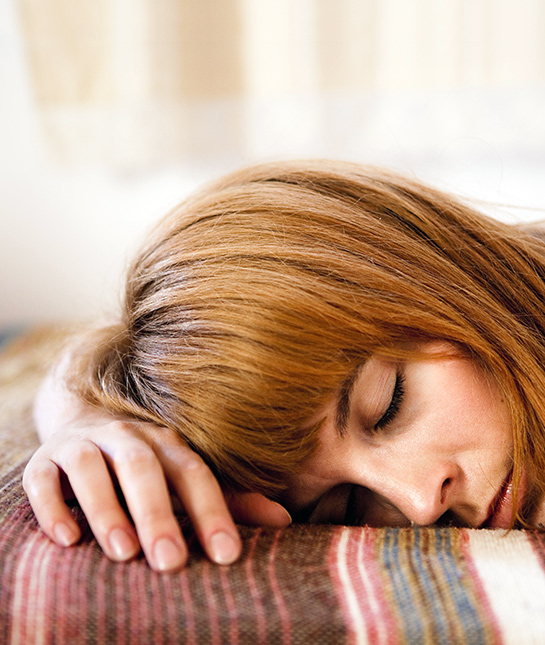 If you’re lucky enough to have an assistant, tell them you’re in ‘Do Not Disturb’ mode. Whatever it takes!
If you’re lucky enough to have an assistant, tell them you’re in ‘Do Not Disturb’ mode. Whatever it takes!
Happy napping!
As promised, here’s your surpriseDrinking coffee just before a power nap sounds like a crazy idea. However, there are physiological reasons that make it perfect sense. Caffeine doesn’t kick in straight away. It takes between 20 and 45 minutes to start to do its job. So if you drink a cup just before your power nap, you’ll feel more alert when you wake up. Try it – it really works!
November 9, 2015Advice
It's three nights on the clock, and there is no sleep in one eye. You suffer from rolling over from side to side, and remember some kind of insult or problem, and the alarm clock is about to ring at 6:30. What to do?
Iya Zorina
Lifehacker's author, athlete, CCM
Share
0 So, it's the middle of the night, you know you should sleep, but you can't.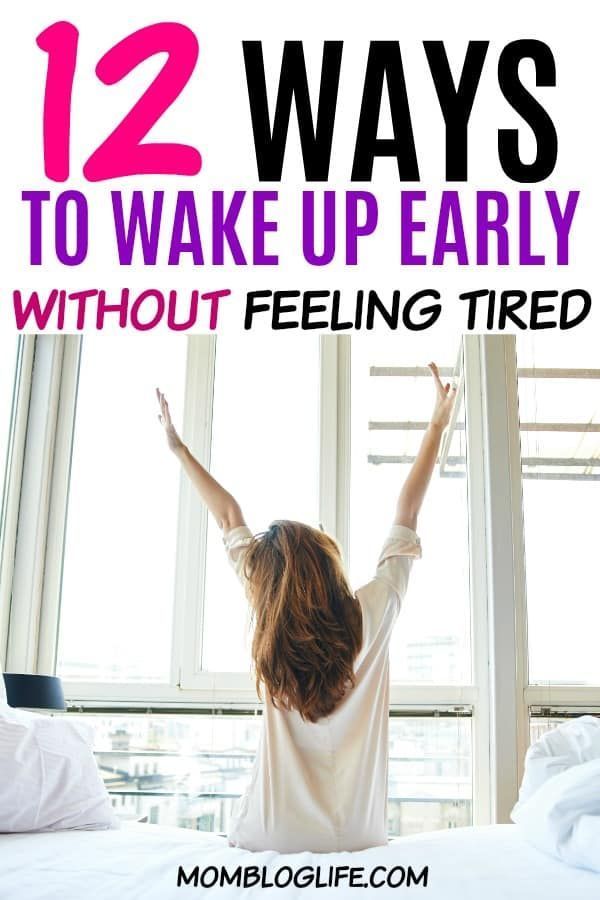 Something is keeping you awake. Maybe your employee doesn't want to give you a lift to the bus stop anymore, or your friend said something rude. Whatever it is, you can't get it out of your head, and at the same time, you need to get enough sleep because you have to work tomorrow.
Something is keeping you awake. Maybe your employee doesn't want to give you a lift to the bus stop anymore, or your friend said something rude. Whatever it is, you can't get it out of your head, and at the same time, you need to get enough sleep because you have to work tomorrow.
Probably everyone has experienced these terrible sensations. To me, this is a real pain. Moreover, the reason why you can’t sleep can be completely frivolous: an unpleasant comment or statement that you are not doing your job.
Add to that stress and anxiety, and your brain goes wild at the worst possible time - in the middle of the night.
You can't get rid of severe stress just like that, having agreed with yourself in your thoughts. The more you think about the problem, the deeper you sink into stress and anxiety. You just go around in circles, getting more and more worried. What a dream!
Plus, you're nervous about not being able to sleep and getting up soon.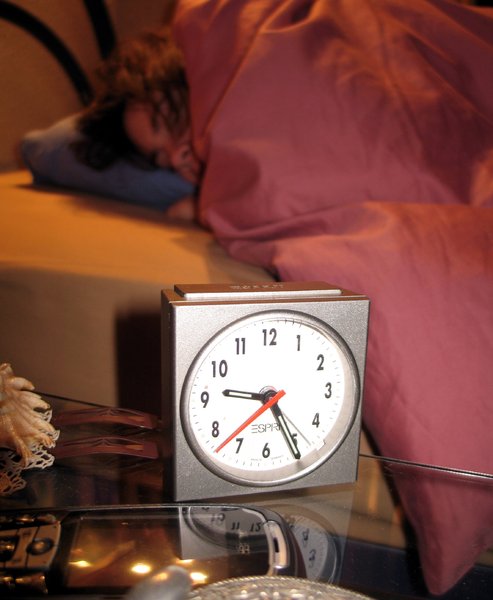 It turns out that not only do you not sleep, but you worry all night, so that in the morning you feel completely overwhelmed.
It turns out that not only do you not sleep, but you worry all night, so that in the morning you feel completely overwhelmed.
You won't be able to just calm down and sleep, so stop torturing yourself and get out of bed. Do something to help you relax and vent your anxiety.
It is really important to do this. The longer you stay in bed in this state, the greater the risk of going without sleep all night. Eventually your brain will stop perceiving the bed as a place to rest.
Let your bed cool down and air out. You must want to go back there, to the blissful comfort of cool sheets. Take a walk, make a calming herbal tea, or drink a glass of water. Do something refreshing to take the stress out of the day's events. Of course, this is not a panacea, but it will certainly help break the circle of nervousness and anxiety, and this is the first step towards defeating insomnia.
The next thing to do is get away from the clock and worry about late time. Find yourself some meditative activity (not necessarily meditation per se). If meditation calms and relaxes you - meditate, if not - now is not the best time to learn this.
Find yourself some meditative activity (not necessarily meditation per se). If meditation calms and relaxes you - meditate, if not - now is not the best time to learn this.
If you have some housework to do, do it. Cleaning (of course, if it does not wake up your relatives or neighbors), putting things in order in a closet, a table, reading in a dim light - these activities are great.
You can turn on a podcast or audiobook and let a pleasant voice or favorite track take you to sleep.
Your activity should be interesting and thoughtful, but not too exciting. Your goal is to occupy your mind, focus on something else, not think about things that cause you stress. You don’t need to completely put the question that worries you out of your head, you just need to relax so that you calm down and fall asleep.
Try to avoid using your computer, smartphone or tablet during this time. This is a general advice for improving the quality of sleep, but it is also relevant for our situation. Blue light from your device reduces melatonin production and your brain thinks it's time to wake up and stay awake.
Blue light from your device reduces melatonin production and your brain thinks it's time to wake up and stay awake.
In addition, checking emails and checking social networks is too exciting for someone who wants to sleep. So put your smartphone away and don't rush to turn on your computer.
If reading calms you, choose e-ink readers. Unlike a tablet, they're readable, and their screen isn't too bright or high-contrast, so your brain won't be fooled by the time of day.
If you turn on your laptop or tablet, turn down the brightness or install apps like f.lux or Twilight. They change the color temperature of the screen depending on the time of day.
Of course, this is not the best choice, but let's be realistic: the first thing that many of us will do when we realize that we won't be able to sleep is reach for our smartphone to read Twitter, check messages on the VKontakte page, or watch a couple of funny videos on YouTube.
In principle, if it helps to calm down, why not.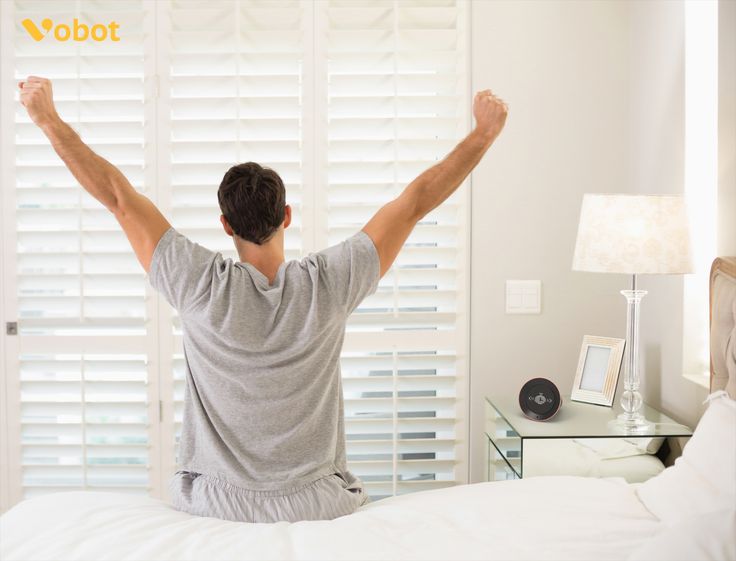 Just stop in time when you have already calmed down and try to sleep, and do not sit on social networks and YouTube all night.
Just stop in time when you have already calmed down and try to sleep, and do not sit on social networks and YouTube all night.
If you really don't have much time to sleep, you can try over-the-counter sleeping pills, but take (and choose) your medications with care. Many of them have side effects, and what works great for other people may not work for you at all.
Therefore, before taking sleeping pills, make sure that there really is no other way out. This is especially true of sudden nocturnal awakenings, when you wake up at three in the morning and cannot fall asleep, and at eight in the morning you have to be at work. If you take sleeping pills in the middle of the night, the effects may last long after you wake up, so you'll be like a sleepy fly until noon.
It usually takes about eight hours for sleeping pills to completely wear off. Therefore, look at the circumstances and read the instructions for the medicine to choose the right dosage.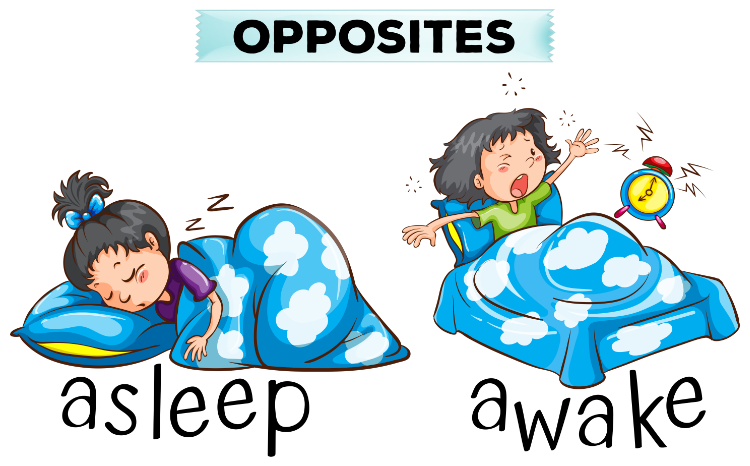
You can try melatonin, which can help some people get better sleep at night. At the very least, you won't feel drowsy, as is the case with other drugs like diphenhydramine-based sleeping pills or doxylamine.
If you pick up your smartphone or open your laptop, the temptation to start working is great. Don't give in!
Don't try to be productive or focus on what is causing you stress. Don't reply to an annoying email, don't ask a friend on social media what he meant when he said that rudeness. Don't exacerbate. Trying to solve the problem can only increase your stress levels, which of course won't help you sleep. Especially in this state: tired, nervous and angry, you are unlikely to decide something.
Moreover, if you want to settle some interpersonal relationships at night, you most likely will not succeed. It is better to clarify misunderstandings in communication at a meeting, or at least write messages when it is convenient for a person to answer them, and not when he sees the tenth dream.
A sleepless night is terrible, but you can hardly solve the problem that prevents you from sleeping at three in the morning. So it's better to be distracted by something, and solve problems during the day.
If you can't resist, don't send what you wrote. Save email or SMS as drafts, write whatever you want to say in note app. In the morning, re-read and decide whether to send or not. No wonder they say that the morning is wiser than the evening: in the morning your grievances may seem like sheer nonsense, and you just delete this draft.
If you feel like nothing is working, take time off from work at least before lunch. Send a message to your boss saying you're unwell and want to take half the day off. Set an alarm for the morning to call before the start of the working day and warn you that you will be in after lunch.
The thought that you don't have to get up early tomorrow will take some of the stress out of having to sleep and not being able to. Most likely, after that you will fall asleep peacefully, and the day off will give you time to get a good sleep and catch up in the afternoon.
Most likely, after that you will fall asleep peacefully, and the day off will give you time to get a good sleep and catch up in the afternoon.
Share your ways to beat sleepless nights in the comments.
For quality sleep, doctors advise abandoning the sofa in favor of comfortable beds and pillows
Photo: Elena Tulentseva
Share
When did you last get enough sleep? If you go to bed on time, but still feel overwhelmed in the morning, and in the middle of the day you can’t concentrate on work, you are on the right track to insomnia. What to do if you forgot about a full daily rest a long time ago? And how not to end up in a hospital bed because of lack of sleep? On World Sleep Day, 74. ru asked Chelyabinsk somnologists about this.
ru asked Chelyabinsk somnologists about this.
In sleep, our brain, like a computer, processes all the information received during the day, comes up with solutions to problems and replenishes the body's strength. For physical recovery, a person needs only a couple of hours. But for mental health, you need to sleep an average of seven to eight hours a day.
Lack of sleep primarily affects memory, attention, and mood. The stronger the lack of sleep, the greater the damage. If during the day you feel overwhelmed, distracted, lose the thread of conversation and forget your thoughts, your body is hinting: you need to have a good rest. If you do not sleep for several nights in a row for a month or more, it's time to see a doctor.
Lack of sleep can cause hypertension and overweight.
— Lack of sleep disrupts hormonal metabolism in the body. In the phase of slow sleep, thanks to the hormones produced, we are processing all the fat reserves, - says a neurologist, head of the laboratory of neurocardiology of the Chelyabinsk Regional Clinical Hospital, Iolanna Utochkina. - Also at night, with a full sleep, the body switches to itself all its sensory systems that analyze the outside world, and scans the body. He finds the cells that are responsible for cancer, and directs the immune system to remove them. That is, it cleans itself. This is a very important sleep program that people underestimate. It is especially worth thinking about your regimen for people who have a genetic predisposition to oncology.
- Also at night, with a full sleep, the body switches to itself all its sensory systems that analyze the outside world, and scans the body. He finds the cells that are responsible for cancer, and directs the immune system to remove them. That is, it cleans itself. This is a very important sleep program that people underestimate. It is especially worth thinking about your regimen for people who have a genetic predisposition to oncology.
Photo: Polina Avdoshina (infographic)
Share
Another important hormone in men, testosterone, is also produced at night during sleep. Lack of sleep affects not only potency, but also the state of the entire male body.
— Everyone is faced with the question of how to spend less time sleeping. And people just limit their sleep. But we don’t ask ourselves how we can breathe less often, Natalya Belinskaya, head physician of the Chelyabinsk Center for Neurology and Sleep Medicine, is perplexed.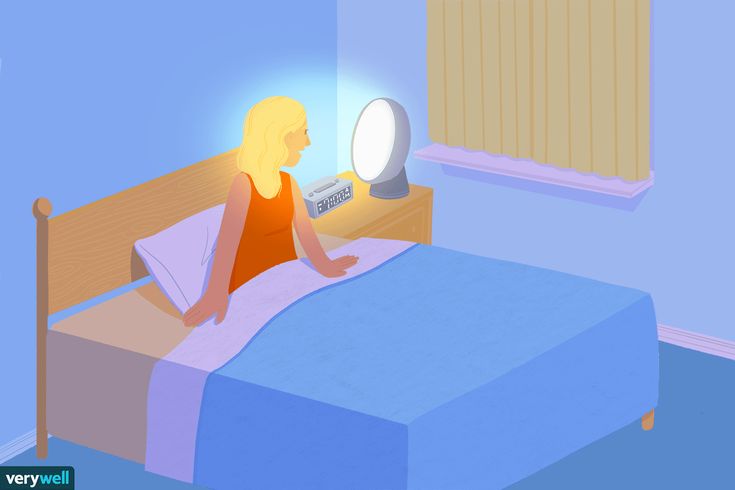 - Full sleep, as well as full breathing: if you sleep five hours instead of eight, the body will not remain healthy for a long time. Where it leads? In young people who do not yet have chronic diseases, lack of sleep will cause anxiety, depression, decreased performance, memory, attention, irritability, lethargy. People with chronic diseases are waiting for exacerbation - of the cardiovascular system, digestive, respiratory. Any disease will be exacerbated if there is no normal sleep.
- Full sleep, as well as full breathing: if you sleep five hours instead of eight, the body will not remain healthy for a long time. Where it leads? In young people who do not yet have chronic diseases, lack of sleep will cause anxiety, depression, decreased performance, memory, attention, irritability, lethargy. People with chronic diseases are waiting for exacerbation - of the cardiovascular system, digestive, respiratory. Any disease will be exacerbated if there is no normal sleep.
The biggest mistake we make when going to bed is trying to force ourselves to fall asleep immediately. It takes at least half an hour for the body to dive into slumber. And counting imaginary sheep is unlikely to speed up the process.
— There are a lot of mechanisms in our body that trigger sleep. And if we do not interfere with them, then we will sleep well, - Iolanna Utochkina is sure. You don't have to force yourself to sleep. Sleep is like a bird - the more you want to catch it, the faster it flies away.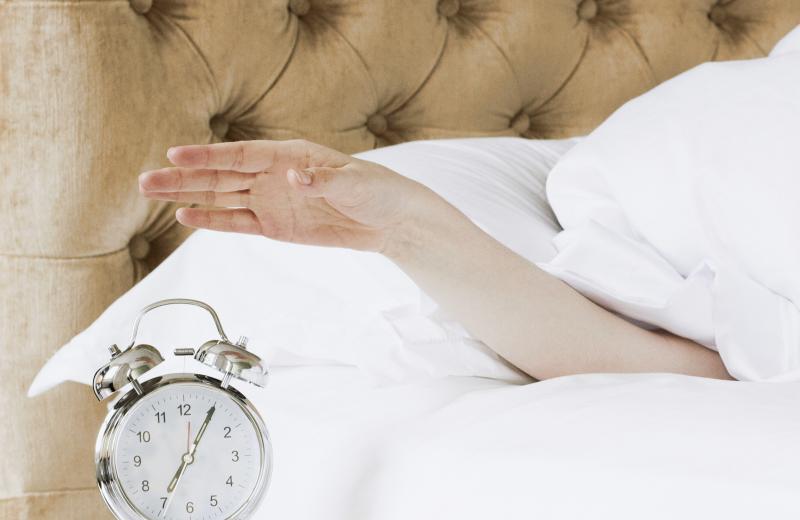 If you lie in bed and look at the clock that half an hour has passed and you are not sleeping, then the next half hour you will not fall asleep either. You can take a warm shower, add pleasant aromas, ventilate the room, turn on relaxing music, read a book or watch a calm, pleasant movie.
If you lie in bed and look at the clock that half an hour has passed and you are not sleeping, then the next half hour you will not fall asleep either. You can take a warm shower, add pleasant aromas, ventilate the room, turn on relaxing music, read a book or watch a calm, pleasant movie.
Such daily “sleep” rituals will hint to the brain that it is time to sleep. For a comfortable sleep, ventilate the room. The temperature in the bedroom should be lower than in the whole apartment. And to fall asleep faster, cover yourself with a heavy blanket - this will help the body relax.
Photo: Elena Tulentseva
Share
A bedroom is a place to relax, and experts do not advise turning it into a kitchen or a cinema hall. The brain will very quickly remember unnecessary associations and, instead of preparing for sleep, it will start triggering other reflexes in the body. For example, perceive the bed as a dining room and produce saliva for eating.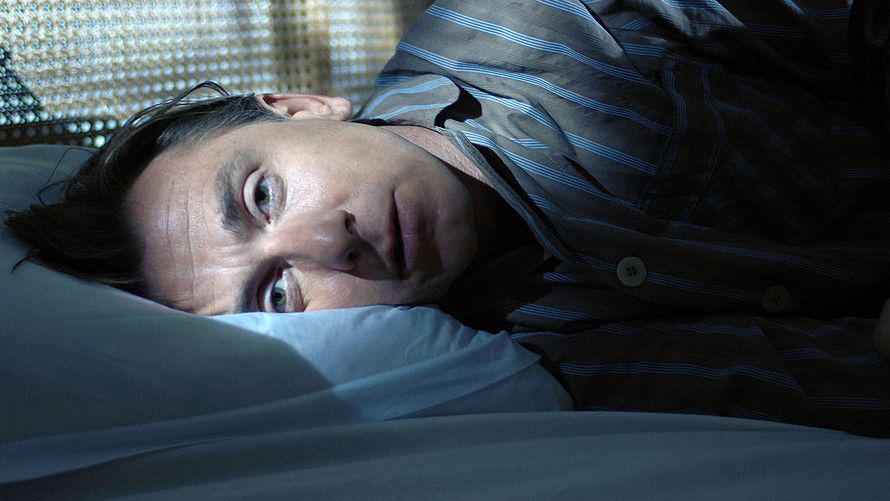
TV in the bedroom is not forbidden, but it must be viewed wisely.
— People think watching TV in bed is harmless, but sooner or later it leads to anxiety and sleep disorders. If you are going to watch a movie or series in the evening, choose one that does not cause you a huge amount of negative emotions. Do not watch news and programs that will upset you, Natalya Belinskaya recommends. - Good sleep is akin to fitness or diet. It would never occur to us to eat a pork knuckle and immediately go for a run. Everyone understands that this is not done. And in no case should it occur to us to watch TV or play on the phone, work on the computer before going to bed, or sit on social networks. The body also needs some preparation, then sleep will be healthy and full.
The somnologist emphasizes that the bedroom should be a quiet place with thick curtains and a comfortable bed.
— Often people continue to sleep on the couch, even in excellent conditions, without a comfortable mattress and pillows.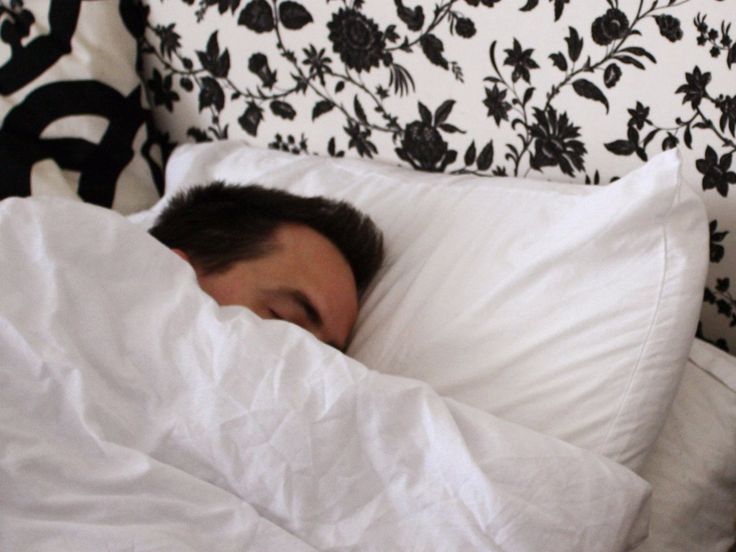 In terms of proper nutrition, they are ready to buy some special supplements, products, spend time cooking. In terms of physical activity - allocate time for it and go to the gym. But in terms of sleep, everything is much more complicated, - Natalya Belinskaya is perplexed.
In terms of proper nutrition, they are ready to buy some special supplements, products, spend time cooking. In terms of physical activity - allocate time for it and go to the gym. But in terms of sleep, everything is much more complicated, - Natalya Belinskaya is perplexed.
Photo: Daria Selenskaya
Share
It is said that many historical figures, such as Napoleon Bonaparte, Leonardo da Vinci, Nikola Tesla, Gaius Julius Caesar and others, had only a couple of hours of sleep a day. Somnologists are skeptical about this information, although they admit that different people have a personal daily sleep requirement of 4 to 12 hours.
— There are very few people who can get four hours of sleep. Basically, these are some kind of political leaders,” says Iolanna Utochkina. - Indeed, there are many stories when brilliant people slept for two or three hours a day. Somnologists tried to delve into this issue, but did not prove that this was actually the case. Most likely, this is a myth. What is laid down by nature is quite difficult to change. Although man tries to outwit nature, he has not reached the point where he could sleep for an hour a day and feel good. Periods are needed for the full functioning of the body. One phase is an hour and a half. And during the night there are from five to eight such phases. In the first half of the night, when slow-wave sleep phases predominate, the body restores energy reserves, muscle strength and hormonal metabolism. And closer to the morning during REM sleep, memory is formed and emotions are processed.
Most likely, this is a myth. What is laid down by nature is quite difficult to change. Although man tries to outwit nature, he has not reached the point where he could sleep for an hour a day and feel good. Periods are needed for the full functioning of the body. One phase is an hour and a half. And during the night there are from five to eight such phases. In the first half of the night, when slow-wave sleep phases predominate, the body restores energy reserves, muscle strength and hormonal metabolism. And closer to the morning during REM sleep, memory is formed and emotions are processed.
Sleep scientists divide people into short-sleepers and long-sleepers. The first is enough five or six hours to sleep. The second will need 10-12 hours a day for this, and a daily seven-hour sleep will provoke chronic lack of sleep in them.
Knowing your personal sleep rate will allow you to plan your schedule correctly. How many hours of sleep you need, vacation will tell you.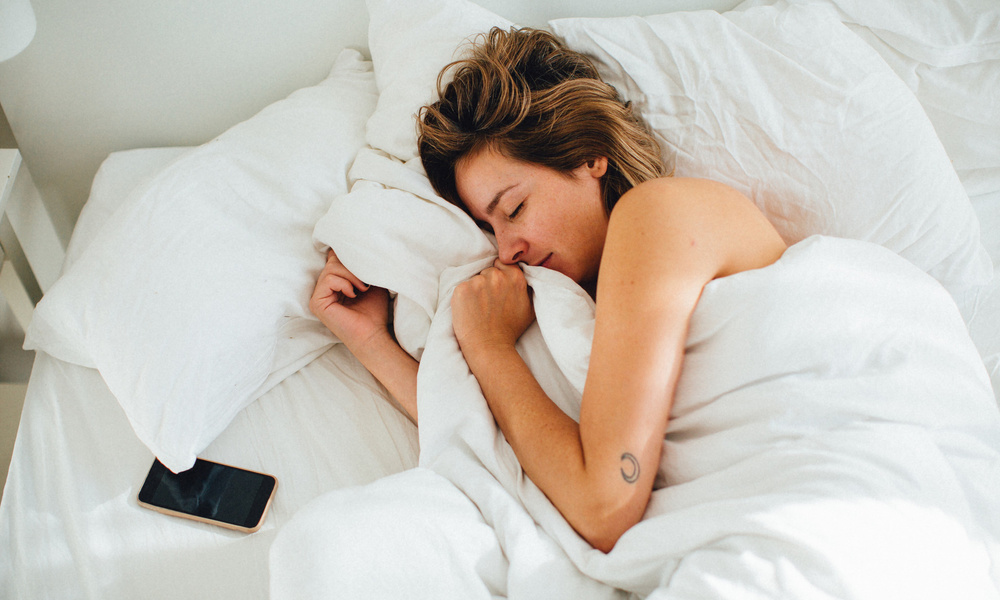 Just keep track of what time you go to bed and what time you wake up when you take a break from your daily routine.
Just keep track of what time you go to bed and what time you wake up when you take a break from your daily routine.
Will a long sleep on weekends help me recover? Experts differ on this issue. Some argue that it is quite possible to make up for the lack of sleep with “dumping” Saturdays and Sundays. And they even cite as an example one study in which scientists set up an experiment on two groups of students. Some of the test subjects led a normal life, the second plenty of sleep every weekend. When both groups were deprived of sleep and then given a task to complete, those students who slept for the future did better.
— If you feel drowsy, give your body the opportunity to regulate itself. All you need to do is get some extra sleep. For example, ten o'clock on Saturday, nine on Sunday, if we want it and our body requires it. A dream for the future every weekend is like a little vacation during an energetic week, says Iolanna Utochkina.
Poor sleep at night causes distraction and sleepiness during the day
Photo: Ilya Barkhatov
Share
Other somnologists do not advise to abuse this approach so as not to upset the everyday routine.
— A man hasn't had enough sleep all week, and by Saturday he realizes that he really wants to sleep. He goes to bed late on Friday evening, because it's Friday - he wants to do some business, go to visit, watch a movie. And he wakes up on Saturday at 10 o'clock in the morning, when on ordinary days he gets up at seven, - Natalya Belinskaya clarifies. - Since he got up at 10 am on Saturday, in the evening he a priori will not lie down on time. It is impossible to wake up at 12 noon and go to bed at 12 at night, rarely anyone can do this if they get enough sleep. He goes to bed later and, accordingly, gets up even later on Sunday. On Monday night, he also cannot fall asleep early. As a result, at six in the morning the alarm rings, and you need to go to work. All right, a week down the drain. And these people will make a major mistake when, coming home on Monday evening and being completely tired, they decide to sleep for an hour or two.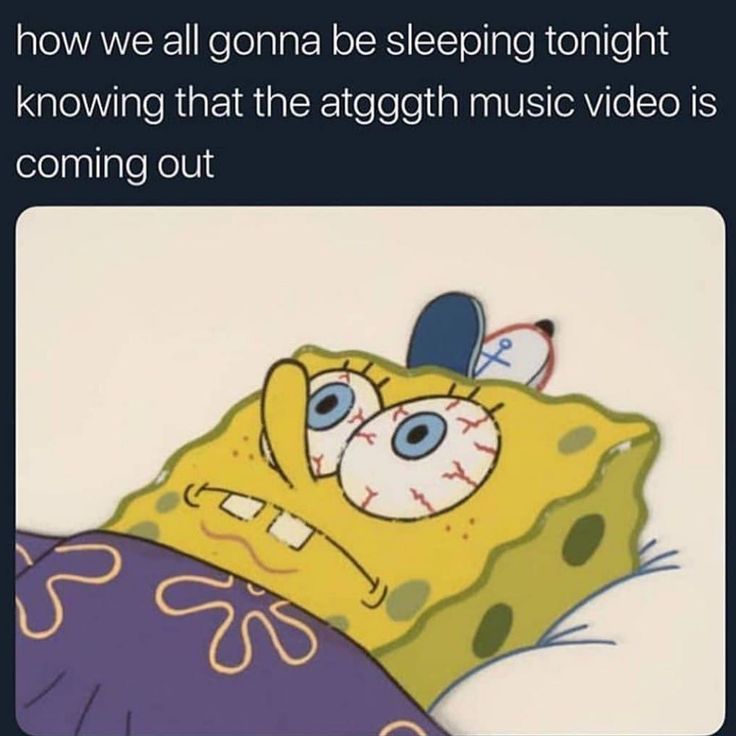 They will sleep, for example, from six to eight in the evening and again disturb the night's sleep. This is the first step to developing insomnia in yourself.
They will sleep, for example, from six to eight in the evening and again disturb the night's sleep. This is the first step to developing insomnia in yourself.
Exercise is important for good sleep. But when going to the gym, you need to follow a simple rule - train not at night looking, but at least three to four hours before bedtime. Then the body will have time to move away from the time in the gym and calmly tune in to rest.
— You can study in the morning before work. Or at six or seven in the evening, if you go to bed late, says Natalya Belinskaya. — But there are people who choose to play sports late. It is quite possible that some woman has been suffering for a long time and cannot understand why she has such difficulty falling asleep, but it turns out that she comes home from fitness and tries to go to bed right away.
Move the gym to the first half of the day to get a good night's sleep
Photo: Fedor Pechersky
Share
If you find it difficult to fall asleep on an empty stomach, eat something non-caloric. In matters of dinner, somnologists support nutritionists - two hours before bedtime you can eat vegetables, fruits, carbohydrates, and it is better to abstain from meat.
A pleasant surprise for those with a sweet tooth - before going to bed, you can crush one cookie or candy. For a figure, not very, but for sleep it’s the most. Apparently, it is not in vain that in foreign films, mothers feed cookies with warm milk to children who cannot fall asleep.
- There is not much research on sleep. There was one of the [small] studies that showed that fast carbohydrates before bed, like cookies, help you fall asleep faster. Glucose quickly enters the blood, and the person falls asleep, - says Iolanna Utochkina.
Our dreams are a reflection of the past day. This is how the brain processes the learned information.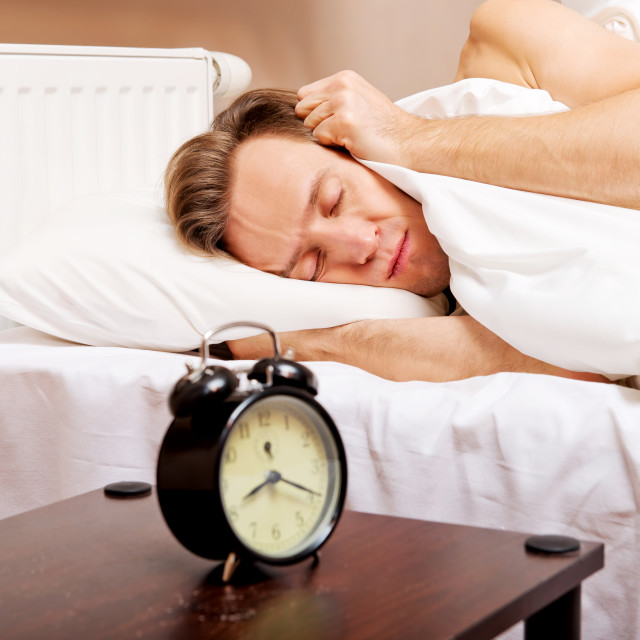 A nightmare can be caused by an experienced unpleasant situation or an active emotional day.
A nightmare can be caused by an experienced unpleasant situation or an active emotional day.
— If the dream does not recur often, there is nothing terrible about it. It's a kind of brain training. Experiences in a dream make it possible for him to adapt and more easily survive shocks during the day, says Natalya Belinskaya. - Half an hour after waking up, no more than 10 percent of what we dreamed remains in our memory. It depends on the person and his nervous system. Someone remembers dreams very well, and someone says that he does not dream at all. Although science has proven that absolutely everyone who sleeps more than one and a half to two hours sees dreams. And even in utero, children are already beginning to dream.
The same nightmare that periodically torments you is a reason to think.
- If you remember it, it means that the sleep structure is disturbed. Most often this occurs after some kind of car accidents, when people experience significant psychological trauma, or due to other conditions, adds Iolanna Utochkina.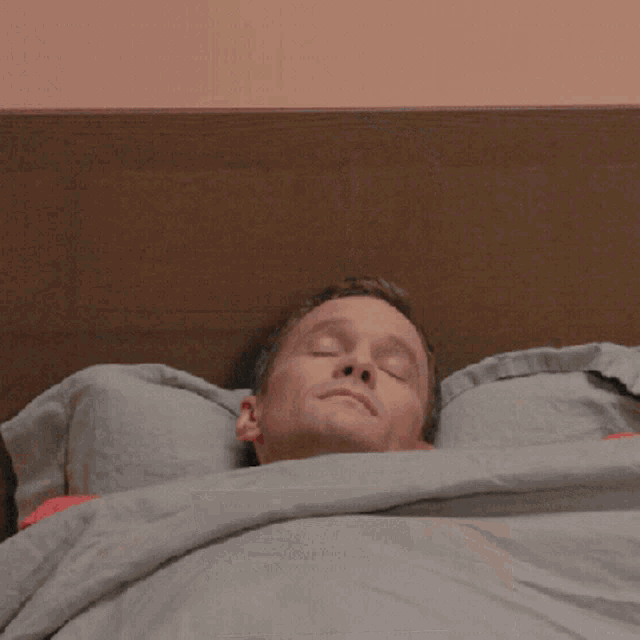 - But if the nightmares are regular, you need to see a doctor. If you cannot understand the reason for such a dream, go to a somnologist. If you know that this condition appeared after a specific stressful situation, contact a psychiatrist or psychotherapist.
- But if the nightmares are regular, you need to see a doctor. If you cannot understand the reason for such a dream, go to a somnologist. If you know that this condition appeared after a specific stressful situation, contact a psychiatrist or psychotherapist.
Showcases of hardware stores are full of numerous devices for correcting sleep: fitness bracelets, sleep masks, watches, and even electronic sheets with pillows. Smart alarm clocks and entire smart homes are already adjusting to your sleep phases, turning on lights, music, and opening curtains when it's easiest for your body to wake up. It seems that soon even coffee makers will learn to recognize how long and sensitively you sleep! But does it make sense?
Special programs on watches and phones keep track of how well you slept at night
Photo: Ilya Barkhatov
Share
“Gadgets, unlike medical equipment in hospitals, only give a hint, they cannot be completely trusted,” Iolanna Utochkina is sure. “During the night, we should have 25 percent REM sleep, and the rest is non-REM sleep. But you can't just push a button and go into a deeper state of sleep. For this, the body needs time to adjust. It is impossible to improve this setting externally, we can only break it. It would be nice to wake up in the morning in REM sleep. After all, if we wake up in the phase of slow sleep, then for another half an hour we will do everything on the machine. This is the so-called sleep inertia. The body needs the same amount in the evening to fall asleep.
“During the night, we should have 25 percent REM sleep, and the rest is non-REM sleep. But you can't just push a button and go into a deeper state of sleep. For this, the body needs time to adjust. It is impossible to improve this setting externally, we can only break it. It would be nice to wake up in the morning in REM sleep. After all, if we wake up in the phase of slow sleep, then for another half an hour we will do everything on the machine. This is the so-called sleep inertia. The body needs the same amount in the evening to fall asleep.
How to quickly wake up your body in the morning? Somnologists have only one answer to this question - turn on bright lights throughout the apartment. No more efficient method has yet been found.
Somnologist Roman Buzunov told how to solve sleep problems and get rid of depression in winter.
And our colleagues from the Perm site 59.RU asked a neurologist why it is most difficult to wake up in bad weather and fatigue increases, and found out how to deal with it.